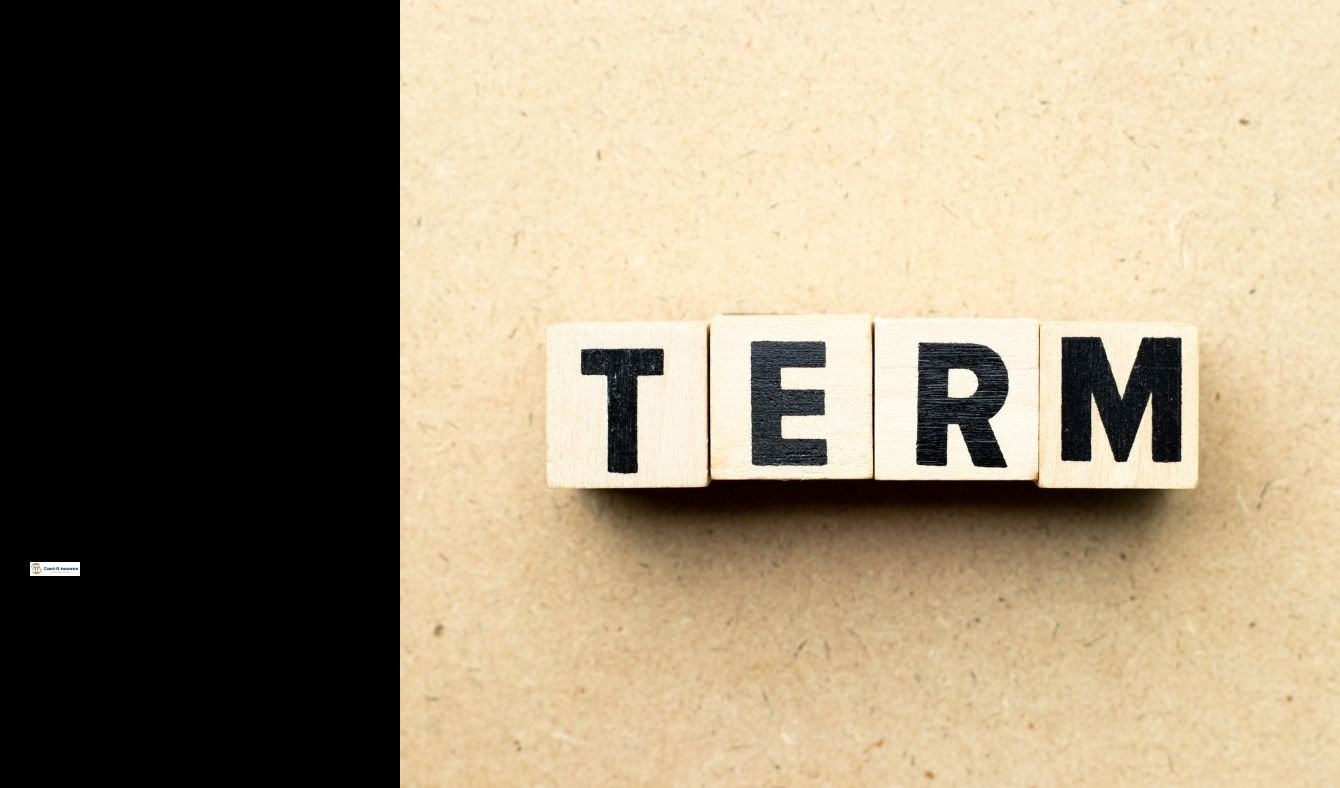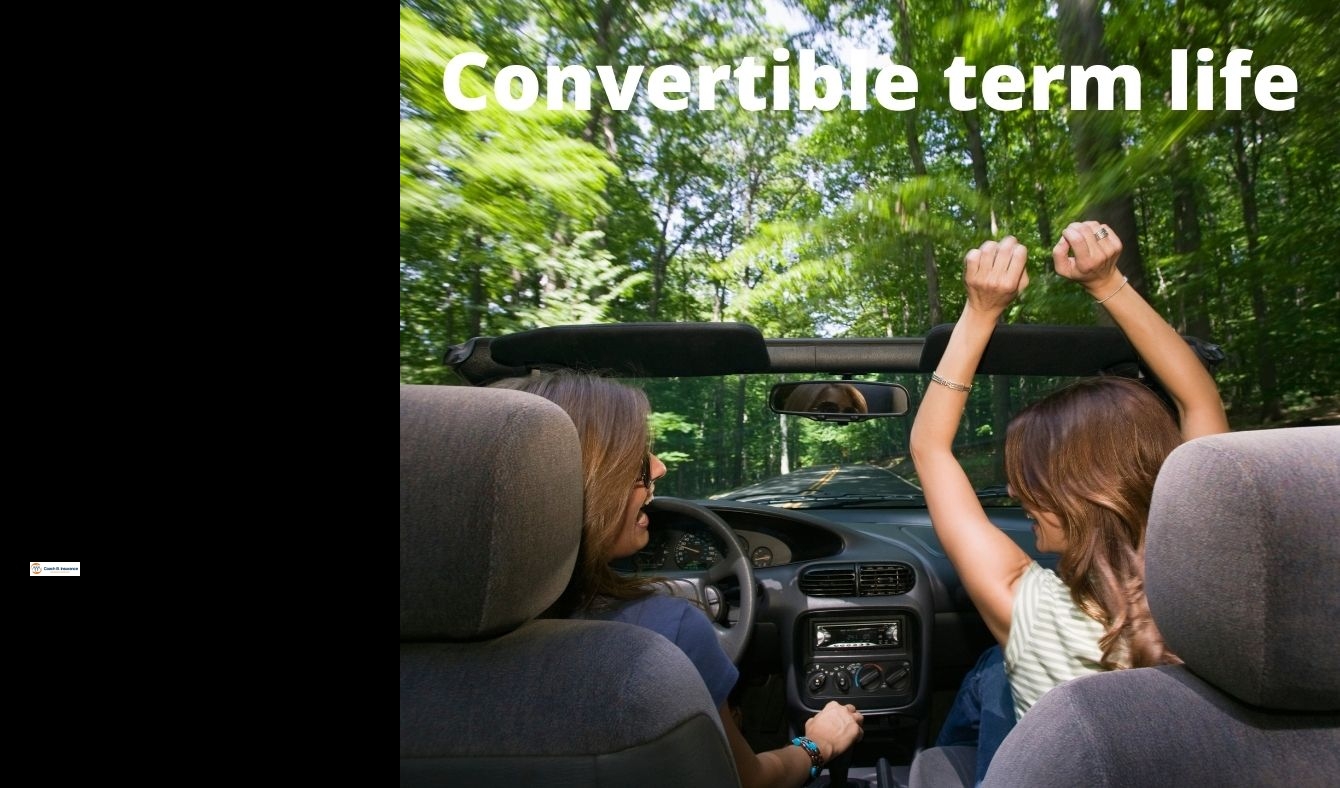difference between term and whole life insurance
Term insurance is affordable for many. It can help to protect the financial health of loved one's if something happens.

If you have not yet had children, you may be able to lock in a lower price now that you are young. Your policy can be extended to protect your children.
Some term policies can be converted to permanent insurance policies without needing to undergo a medical examination, such as whole or universal insurance. But, these permanent life policies become more expensive once they are converted.
A 30-year-term life insurance policy offers the longest possible term and is an excellent choice for young people. Term life insurance can be purchased for a term of up to 30 years. You can choose from terms of 10, 15, 20, or 30, years. A 30 year term insurance policy with a life expectancy of 30 years is the best choice for young people.
Term insurance is affordable for many. It can help to protect the financial health of loved one's if something happens.


On average, life insurance rates are more affordable for term than whole life insurance because term policies offer coverage for a predetermined time. If you outlive the term and the policy expires, your beneficiaries don't receive the death benefit, so it's less of a risk to the insurer. Whole life insurance premiums, by comparison, are higher because the policies pay out no matter when you die. All of the best life insurance companies sell term life.
Term life insurance can be understood easily, making it easy for you to compare and purchase life insurance quotes. As long as you pay your premium, you are covered for the term of your policy. Only three major decisions must be made: how much life coverage you require, how long you want it to last, and which insurance company you want to do business with.
A simplified issue can be a good fit if you're looking for:

A simplified issue policy will require you to complete a questionnaire regarding your health, family history, and medical history. Access to your past medical records is required. There is no need to have a medical exam. The only thing you will need to do is answer your questionnaire and access to your medical records.
Term insurance covers you only for a certain time, like 10 or 20 year. You can choose the term length that best suits your needs. If you die during the term, your beneficiaries will get the payout. Your term life insurance policy can be renewed or cancelled at any time. The term should end by the time you are no longer eligible for life insurance. This means that your house, children, and bank account will have been paid off. Term life policies can be the cheapest type.

In its simplicity, term life insurance offers coverage for a specific period and doesn't include a cash value component. On the other hand, whole life insurance provides lifelong coverage and may build cash value over time.
Unlike whole life insurance, term life insurance offers coverage for a specific period and doesn't include a cash value component. On the other hand, whole life insurance provides lifelong coverage and may build cash value over time.